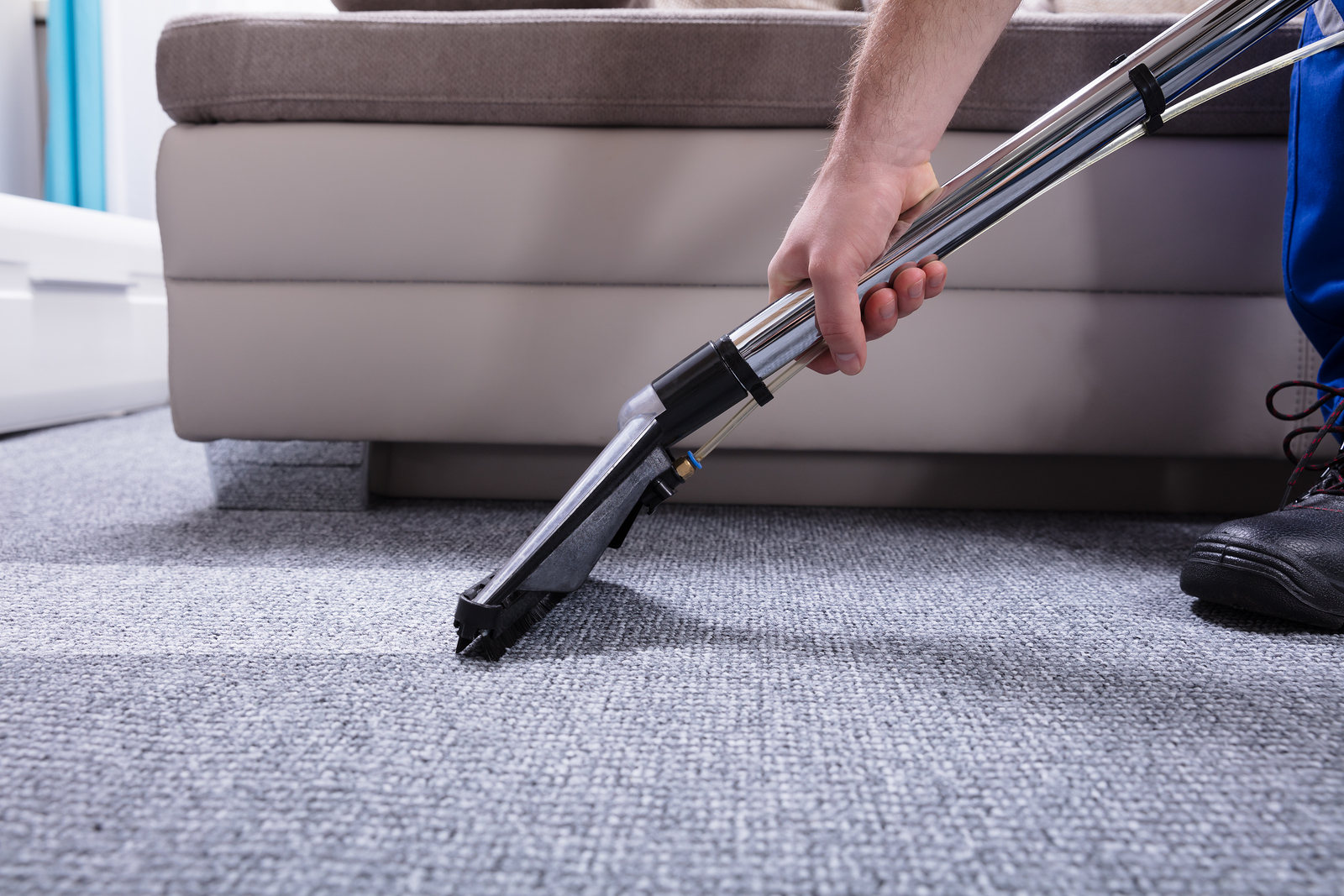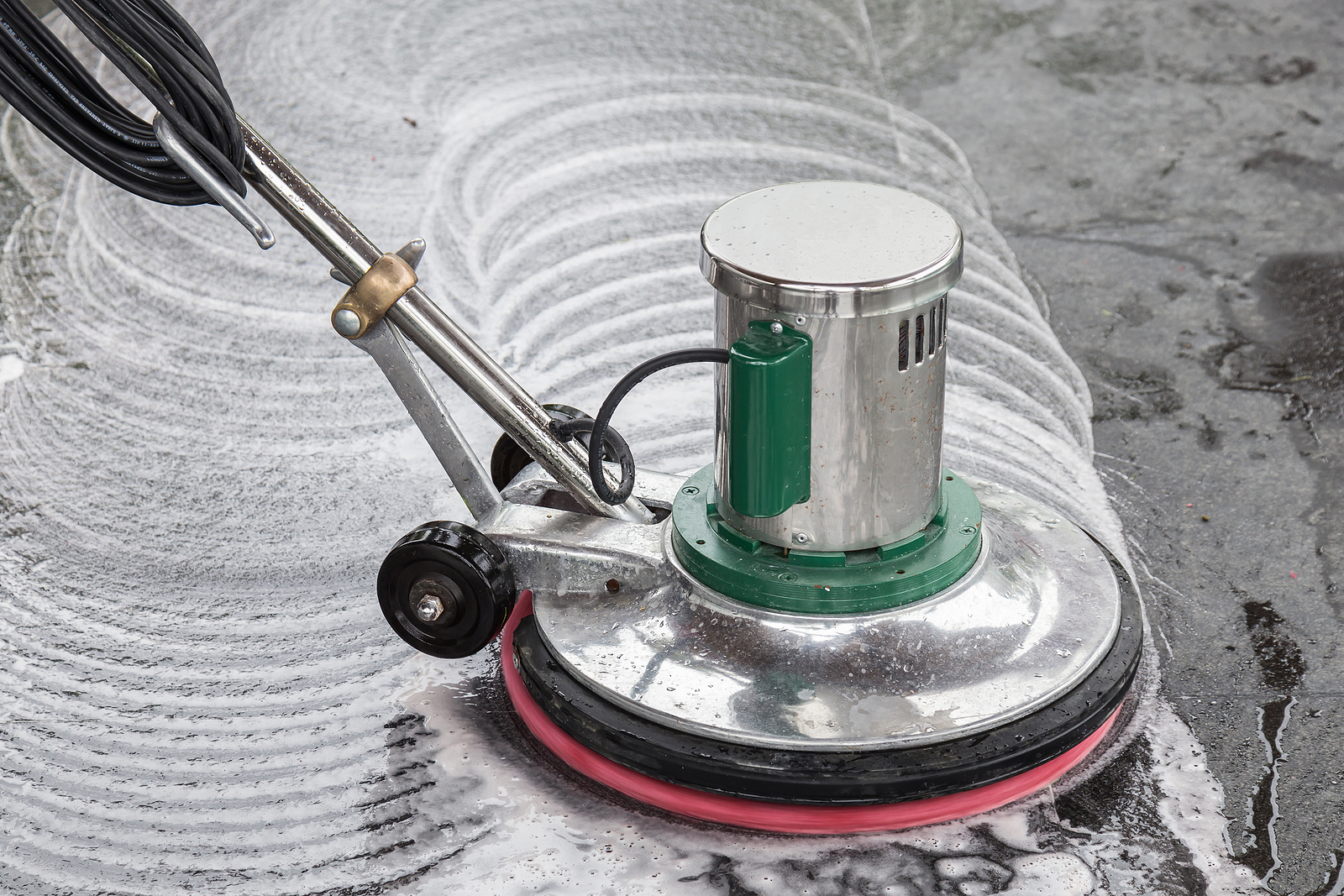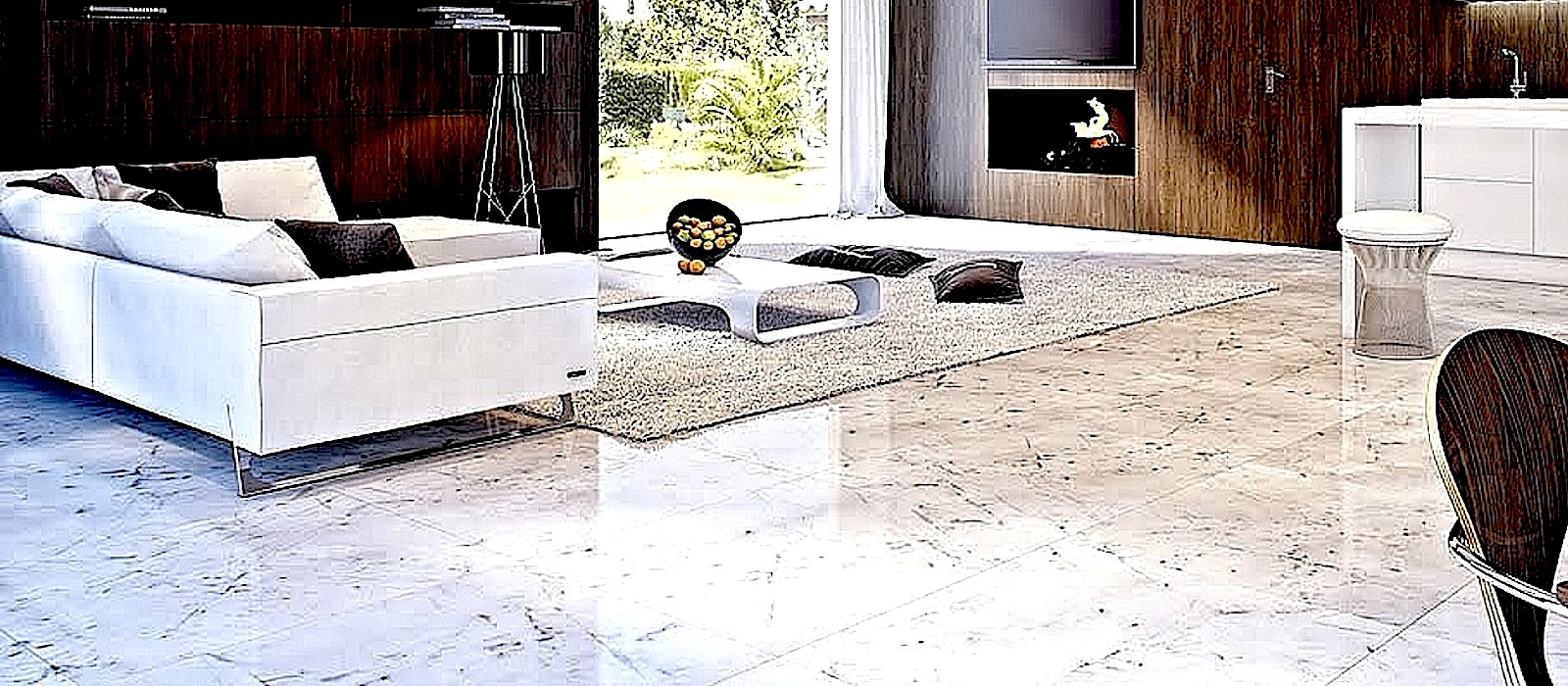Amant’s Floor Care offers Wildwood, Missouri’s best carpet cleaning service.
WILDWOOD, MO (FloorCleaningStLouis) Amant’s Floor Care offers the best carpet cleaning service in Wildwood, MO, and the surrounding communities. It is based at 17005 Manchester Rd, Wildwood, Missouri, across from the Grover Post Office.
The Amant family not only does business in Wildwood, MO, but they also live there, supporting the community with jobs and real estate investments and purchasing goods and services from it.
The Best Carpet Cleaning Company in Wildwood and Ellisville, MO, is Amant’s Floor Care.
Don’t trust your floors and carpets to just any cheap floor cleaning company. We have been in business since 1969. The Better Business Bureau rates us A+, which is evidence of our dedication to satisfied customers. We have been accredited with the BBB since 2016.
Over 50% of our revenue each year comes from established customers.
Amant’s Floor Care offers many types of floor carpet cleaning and other floor cleaning services, including:
- Carpet Cleaning
- Marble Floor Cleaning
- Stone Floor Cleaning
- Tile & Grout Cleaning
- Terrazzo Floor Cleaning
- Upholstery Cleaning
- Vinyl Floor Cleaning
- Wood Floor Cleaning
Our home page provides the latest ratings from major platforms such as Google, Yelp, and more. We work hard to maintain high customer satisfaction and even offer a “Satisfaction Guarantee.”
Our primary carpet cleaning technician has been with the company for over 25 years and remains dedicated to the company, his work, and our customers daily.
It is not only important to choose a quality floor cleaning company to clean your carpets, but depending on the traffic, your carpets need to be cleaned routinely to enhance the beauty and environmental health of your home.
Wildwood, MO, is known for its quality of life and beautiful homes. We have served some of the region’s most prestigious properties and are chosen by many top-rated property management companies.
We serve many homes in the Wildwood area, but like any business, we want to grow our customer base, and working in Wildwood is easy and costs less.
Like any business, we want to serve more customers in the Wildwood community. Since we are based here, serving our neighbors is easy and cost-effective.
Amant’s Floor Care also serves the following communities with residential and commercial services:
- Affton, MO
- Ballwin, MO
- Belleville, IL
- Brentwood, MO
- Central West End
- Chesterfield, MO
- Clayton, MO
- Des Peres, MO
- Edwardsville, IL
- Ellisville, MO
- Eureka, MO
- Fenton, MO
- Florissant, MO
- Grover, MO
- House Springs, MO
- Huntleigh, MO
- Jefferson County, MO
- Jennings, MO
- Kirkwood, MO
- Ladue, MO
- Lafayette Square
- Maplewood, MO
- Maryland Heights, MO
- Manchester, MO
- Richmond Heights, MO
- Oakville, MO
- O’Fallon, IL
- O’Fallon, MO
- Olivette, MO
- Overland, MO
- Pacific, MO
- Rock Hill, MO
- Soulard Neighborhood
- St. Ann, MO
- St. Claire County, IL
- St. Charles, MO
- St. Louis, MO
- St. Louis County, MO
- St. Peters, MO
- Shrewsbury, MO
- Sunset Hills, MO
- Tower Grove, MO
- Town & Country, MO
- Twin Oaks, MO
- University City, MO
- Valley Park, MO
- Webster Groves, MO
- Wildwood, MO
We offer hassle-free estimates and timely scheduling to make the process easy for our neighbors.
We offer a First-Time Customer Discount coupon on our website. Once you try us and see the results, you will return time and time again. That’s our business model.
Address, phone and email:
17005 Manchester Rd
Wildwood, Missouri 63040
Phone: 636-458-2500
Email: info@amantsfloorcare.com





